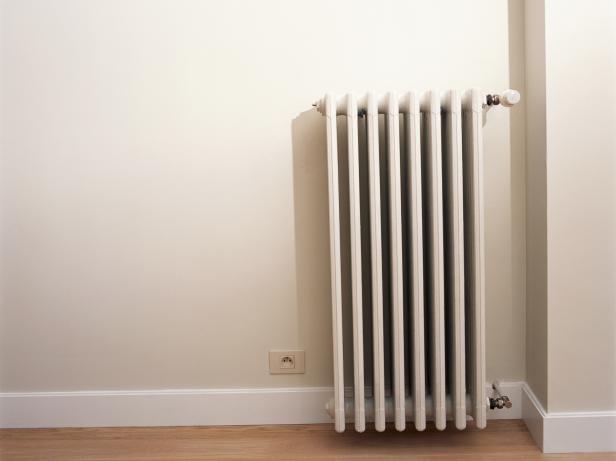Its march madness baby! So of course I had to use a play on words with the number 2 seed Purdue out of the East bracket.
When we talk about heating our home, I for one typically think of a heat pump or forced air furnace. You know, the ones we have to change out the filters on and the ones we can hear kick on and push out air every time.
There is another option some of you may or may not be aware of. A Boiler. Not not a boiler that you heat noodles over or water for your tea, a boiler designed to heat your home and keep you warm. One that is more common in older buildings, multi family buildings such as apartments or condos and in older buildings. There are two slightly different systems in the boiler family. One that simply creates hot water and one that creates steam, with both ultimately being pushed through pipes to the radiators for heating the rooms. Don’t worry, your home isn’t going to rise to the temperature of actual boiling water as it is still controlled by a thermostat.
This system performs the same way it reads; it BOILS water. The hot water or steam rises and is pushed throughout pipes via a pump but instead of just a vent at the end of each run, there is a radiator or convector before the heat makes its pass into the rooms. You have probably seen these before and didnt even realize what they were for (see the image below). Steam will cool and condense, returning back to the heater from once it came to be reheated all over again. These systems can run off of natural gas, oil, electric or wood (Gas or Oil appearing to be the most common). The only unique fuel there being wood as furnaces do not operate off of wood; that is a job for a wood burning stove or fireplace.

Advantages of the boiler over a furnace:
- Boilers are more efficient in that they burn less fuel to heat (heating water is more efficient than heating air)
- The heat is more consistent with the heat/steam of the hot water being pushed out at a steady pace, less risk of HOT/COLD room syndrome
- Less noise since the heated air isn’t being forced through the system
- Less moving parts means less maintenance (No more forgetting to change that dirty filter)
- Less moving parts also means increased longevity and reliability when properly maintained.
- Increased IAQ over furnace: second benefit to not forcing air through the system is you also wont be blowing around dust and allergens, plus this system acts as a 2 in 1 furnace and humidifier.
Disadvantages:
- While mid range boilers are comparable to mid range furnaces in upfront price, comparing high efficiency systems is not so friendly for boilers.
- Don’t expect an immediate or quick change in temperature when you adjust the thermostat
- The installation is more complex which might not be a great thing for DIY’ers like myself
- With a different duct system than a furnace or central air, the conversion from or to a boiler is not a cheap burden.
- With anything that holds water you run the chance of leaks and depending on the nearby surfaces, this could create a lot of damage
- If you were in a situation where your energy source went out in the home and it got below freezing, the water and pipes can run the risk of freezing
- Maybe the biggest CON I can find, a boiler only heats and the duct work is not interchangeable with a separate A/C unit as it is with a furnace
The decision comes down to each of you and your unique situations. There are pro’s and con’s to everything so just do your homework and make sure to ask your contractor about their thoughts on a boiler system when it comes time to update your current boiler or furnace.
Would the 16 seed – Boiler win out over the 1 seed – Furnace in your HVAC bracket?
